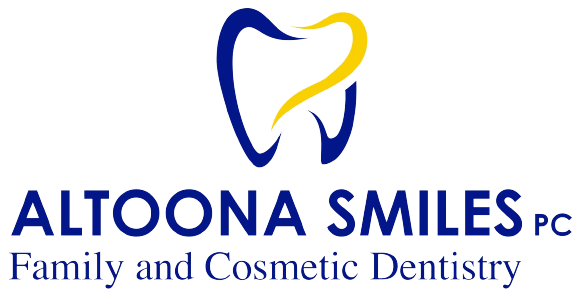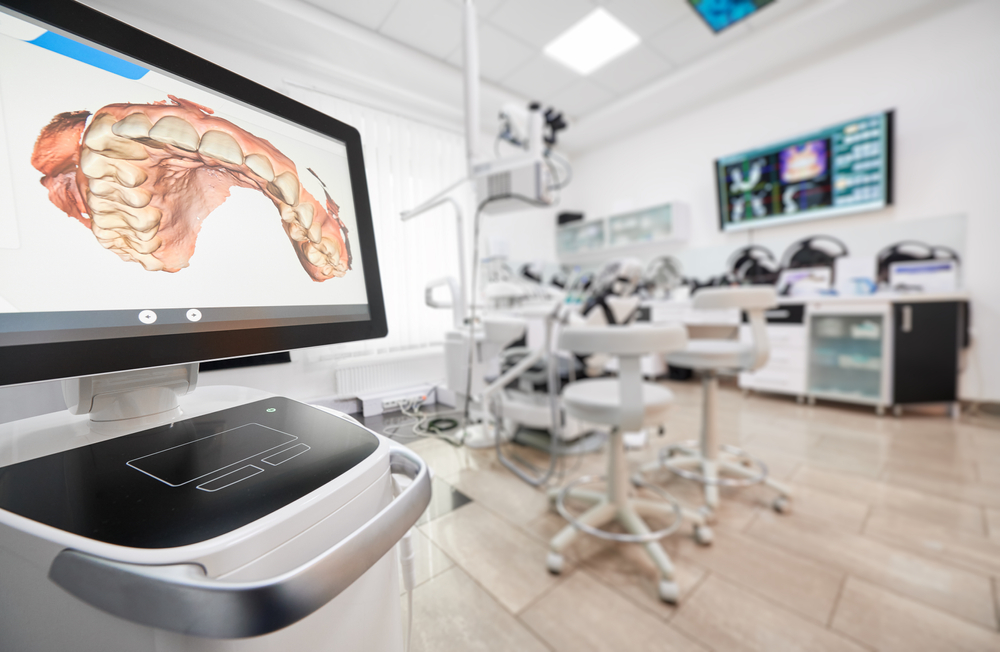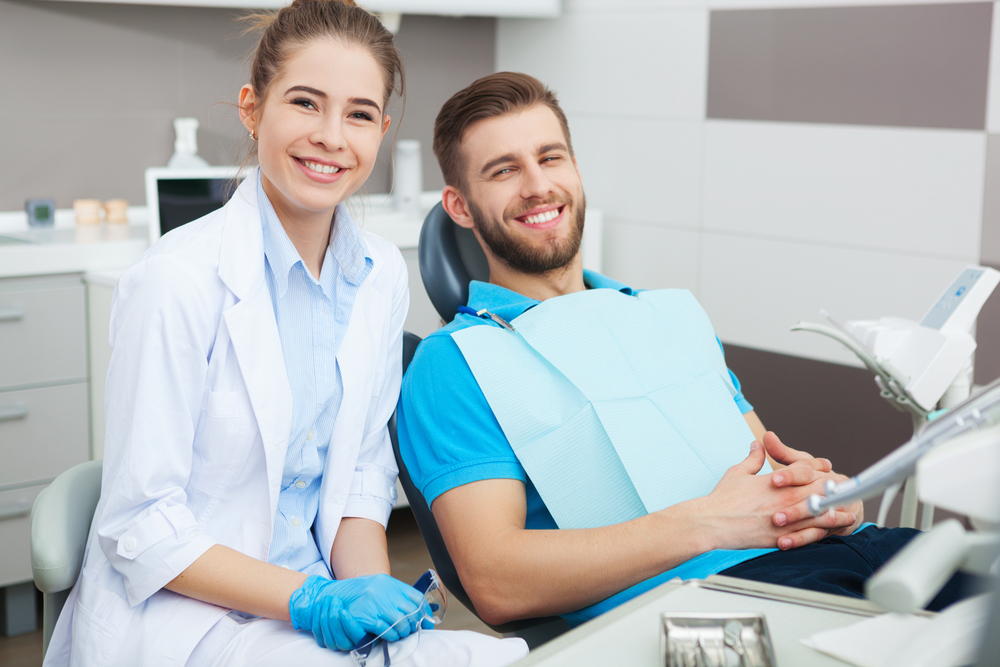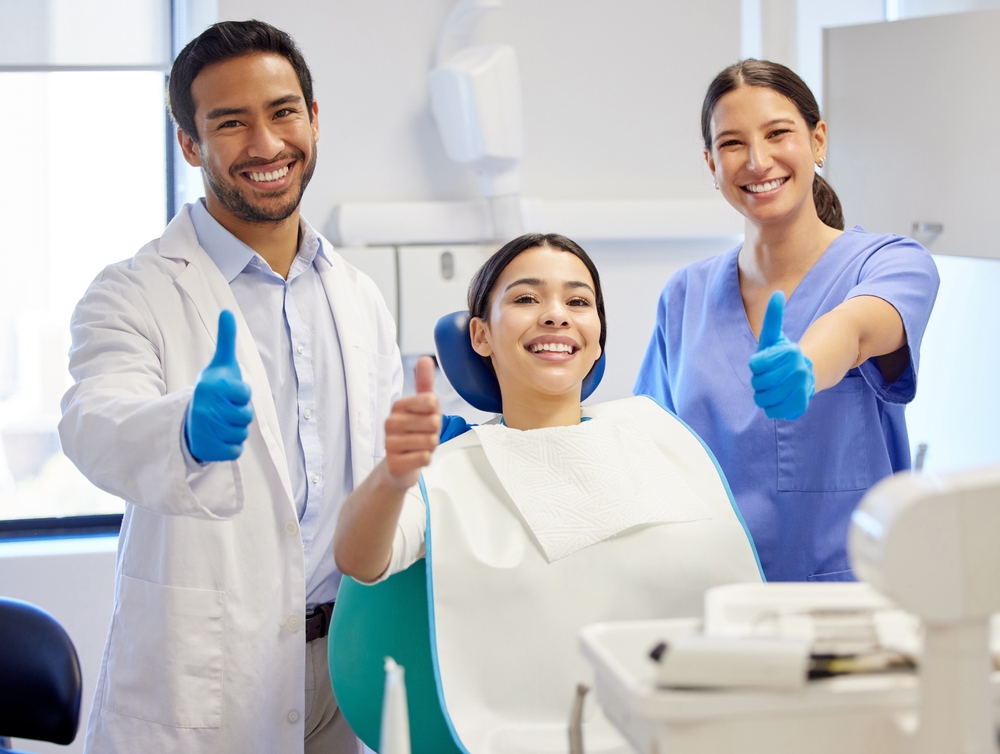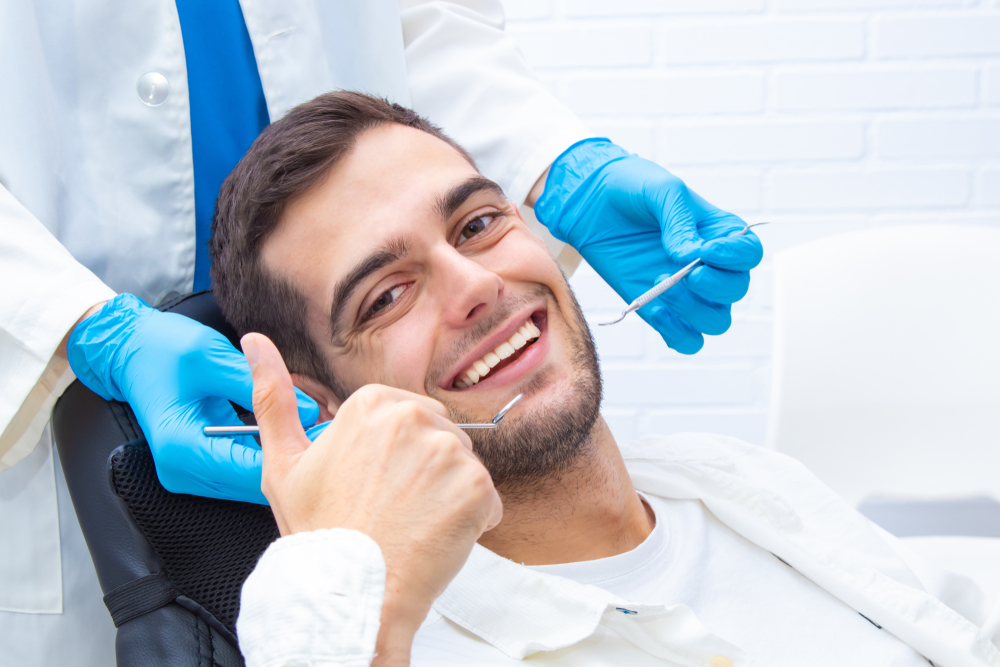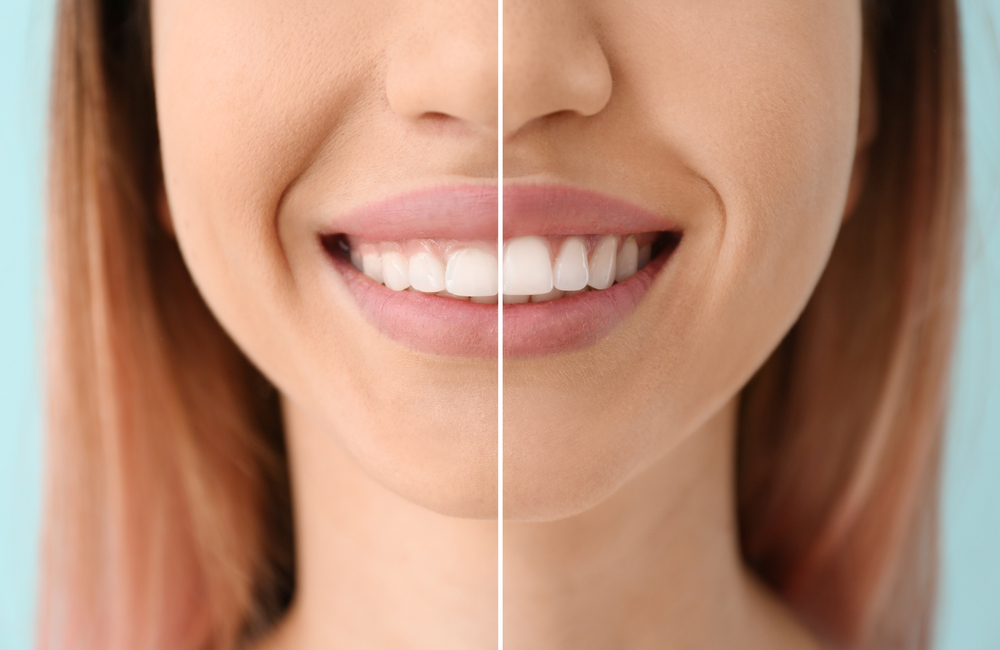Sleep apnea, a disorder characterized by repeated interruptions in breathing during sleep, affects millions of people worldwide. Beyond its well-known consequences like snoring and daytime drowsiness, sleep apnea can also have serious implications for oral health. In this blog, we will delve into the various ways sleep apnea impacts the health of your mouth, from increasing the risk of gum disease to contributing to dry mouth. By highlighting these connections, we hope to underscore the importance of integrated care between dental and medical professionals in managing this condition.
In This Blog:
- Basics of Sleep Apnea
- How Sleep Apnea Affects Teeth, Gums, Jaw, and Oral Health
- How Dentists Can Detect Sleep Apnea and Available Dental Treatments
Basics of Sleep Apnea
Sleep apnea is a sleep disorder characterized by repeated interruptions in breathing during sleep. These interruptions, known as apneas, can last from a few seconds to a minute and occur when the muscles in the throat relax excessively, causing the airway to become blocked. The lack of airflow reduces oxygen levels in the blood, leading to fragmented sleep and various health issues. There are three main types of sleep apnea, each with different underlying causes:
- Obstructive Sleep Apnea (OSA): The most common form, OSA occurs when the muscles at the back of the throat relax too much, causing a partial or complete blockage of the airway. This blockage prevents sufficient airflow despite efforts to breathe, leading to disrupted sleep and decreased oxygen levels.
- Central Sleep Apnea (CSA): Less common than OSA, CSA involves the brain failing to send proper signals to the muscles that control breathing. This lack of communication results in periodic pauses in breathing during sleep. Unlike OSA, there is no physical blockage in the airway.
- Complex Sleep Apnea Syndrome (Treatment-Emergent Central Sleep Apnea): This type is a combination of both obstructive and central sleep apnea. It typically occurs when a person with OSA develops central sleep apnea symptoms after starting treatment with continuous positive airway pressure (CPAP).
Common Symptoms of Sleep Apnea
Recognizing the symptoms of sleep apnea is essential for early diagnosis and treatment. Common signs and symptoms include:
- Loud Snoring: Particularly in obstructive sleep apnea, loud and chronic snoring is a hallmark symptom. It often prompts bed partners to seek help, although not everyone who snores has sleep apnea.
- Gasping or Choking During Sleep: Individuals with sleep apnea may wake up abruptly with a sensation of choking or gasping for air, as the body temporarily wakes up to reopen the airway.
- Excessive Daytime Sleepiness: Due to disrupted sleep patterns, people with sleep apnea often experience significant daytime drowsiness, which can impair daily functioning, concentration, and productivity.
- Morning Headaches: Frequent headaches in the morning can result from fluctuating oxygen levels during the night.
- Difficulty Concentrating: Cognitive impairments such as difficulty concentrating, memory issues, and mood changes are common due to poor sleep quality.
- Restless Sleep: People with sleep apnea often experience restless sleep, waking up multiple times throughout the night, even if they do not fully remember these awakenings.
- Dry Mouth or Sore Throat Upon Waking: Mouth breathing during sleep can lead to dry mouth or a sore throat in the morning.
Understanding the basics of sleep apnea, including its definition, types, and symptoms, is the first step in recognizing its impact on health. Early identification and treatment can significantly improve the quality of life for individuals suffering from this condition.
How Sleep Apnea Affects theTeeth, Gums, Jaw, and Oral Health
Impact on Teeth
Sleep apnea can have several detrimental effects on the teeth, primarily due to associated conditions like bruxism (teeth grinding).
- Teeth Grinding (Bruxism): Many individuals with sleep apnea grind their teeth unconsciously during sleep as a reflex to reopen the airway. This grinding can lead to significant dental issues, including:
- Tooth Wear: Continuous grinding can wear down the enamel, the protective outer layer of the teeth, making them more susceptible to decay and sensitivity.
- Tooth Fractures: The excessive force exerted during grinding can cause teeth to crack or fracture, leading to pain and potential tooth loss.
- Dental Restorations: Existing dental work, such as fillings, crowns, and bridges, can be damaged or dislodged by the grinding forces.
Effects on Gums
Sleep apnea can also negatively affect the health of your gums.
- Increased Risk of Gum Disease: The chronic inflammation and reduced oxygen levels associated with sleep apnea can contribute to periodontal disease. This condition can range from gingivitis (mild gum inflammation) to periodontitis (severe gum disease that can lead to tooth loss). Key factors include:
- Inflammation: Reduced oxygen levels and the body’s stress response can exacerbate inflammation throughout the body, including the gums, leading to gingivitis and periodontitis.
- Dry Mouth: Mouth breathing, common in sleep apnea patients, reduces saliva flow. Saliva is essential for washing away food particles and neutralizing acids. A dry mouth can increase the risk of gum disease and cavities.
Impact on the Jaw
The jaw, particularly the temporomandibular joint (TMJ), can also be affected by sleep apnea.
- TMJ Disorders: Bruxism can place additional strain on the temporomandibular joint, leading to TMJ disorders. Symptoms of TMJ disorders include jaw pain, headaches, earaches, and difficulty opening or closing the mouth.
- Jaw Misalignment: Chronic grinding and clenching can alter the alignment of the jaw, exacerbating TMJ problems and potentially requiring orthodontic intervention.
- Pain and Discomfort: Persistent jaw pain and discomfort can impact daily activities such as eating and speaking, significantly reducing quality of life.
General Oral Health
Overall oral health can be compromised by sleep apnea due to various interconnected factors.
- Dry Mouth (Xerostomia): Individuals with sleep apnea often breathe through their mouths, leading to dry mouth. Saliva is crucial for maintaining oral health as it helps neutralize acids, wash away food particles, and prevent tooth decay and gum disease.
- Increased Risk of Cavities: Without adequate saliva, the mouth becomes more acidic, creating an environment that promotes tooth decay. The lack of saliva also means that food particles and bacteria are not effectively washed away, further increasing the risk of cavities.
- Oral Infections: A decrease in saliva can result in a higher susceptibility to oral infections, such as candidiasis, a fungal infection.
- Sore Throat and Swollen Tonsils: Chronic mouth breathing can cause persistent sore throats and swelling of the tonsils, which can exacerbate airway obstruction and further contribute to sleep apnea symptoms.
- Enlarged Uvula: The uvula, the small flesh hanging at the back of the throat, can become swollen due to chronic snoring and mouth breathing, leading to increased airway obstruction.
Understanding the impact of sleep apnea on oral health is crucial for managing the condition effectively. By addressing these oral health issues in conjunction with sleep apnea treatment, individuals can improve both their overall health and quality of life. Regular dental check-ups, proper oral hygiene, and collaboration with healthcare professionals are essential steps in this process.
How Dentists Can Detect Sleep Apnea and Available Dental Treatments
Detecting Sleep Apnea in the Dental Office
Dentists are often in a unique position to detect the signs and symptoms of sleep apnea during routine dental visits. Here are some ways dentists can identify potential cases of sleep apnea:
- Medical and Sleep History: Dentists can ask patients about their sleep patterns, snoring, daytime sleepiness, and any episodes of gasping or choking during sleep. A detailed medical and sleep history can provide critical clues about the presence of sleep apnea.
- Oral Examination: During a dental check-up, dentists can look for specific signs associated with sleep apnea, such as:
- Enlarged Tongue or Tonsils: These can obstruct the airway, contributing to sleep apnea.
- Scalloped Tongue: Indentations along the sides of the tongue, often caused by it pressing against the teeth, can indicate sleep apnea.
- Signs of Bruxism: Worn tooth surfaces, fractures, or other evidence of teeth grinding can suggest that the patient may be experiencing disrupted sleep patterns.
- Jaw Alignment Issues: Malocclusion or misalignment of the jaw can be related to sleep apnea.
- Questionnaires and Screening Tools: Dentists can use validated questionnaires, such as the Epworth Sleepiness Scale or the STOP-BANG questionnaire, to assess the likelihood of sleep apnea. These tools can help identify patients who may benefit from further evaluation by a sleep specialist.
- Collaboration with Sleep Specialists: If a dentist suspects sleep apnea, they can refer the patient to a sleep specialist for a definitive diagnosis. This often involves a polysomnography (sleep study), which monitors various physiological parameters during sleep to diagnose sleep apnea.
Dental Treatments for Sleep Apnea
Once sleep apnea is diagnosed, dentists can provide or recommend several treatment options, particularly for patients with mild to moderate obstructive sleep apnea (OSA). Here are the most common dental treatments:
Oral Appliances (Mandibular Advancement Devices – MADs):
- How They Work: These custom-made devices fit in the mouth like a sports mouthguard or orthodontic retainer. They work by advancing the lower jaw slightly forward, which helps keep the airway open during sleep.
- Benefits: Oral appliances are non-invasive, easy to use, portable, and generally more comfortable than continuous positive airway pressure (CPAP) machines. They are particularly effective for patients with mild to moderate OSA.
- Fitting and Adjustment: Dentists ensure that the appliance is properly fitted and comfortable for the patient. Regular follow-up appointments are necessary to monitor effectiveness and make adjustments as needed.
Continuous Positive Airway Pressure (CPAP) Therapy:
- While CPAP therapy is not provided by dentists, they play a crucial role in identifying candidates for CPAP therapy and referring them to sleep specialists. CPAP involves wearing a mask that delivers a continuous stream of air to keep the airway open.
- Combination Therapy: For patients who find CPAP therapy uncomfortable or difficult to use consistently, dentists may recommend using a dental appliance in conjunction with CPAP to enhance comfort and compliance.
Combination Therapy:
- For some patients, a combination of CPAP and an oral appliance may be the most effective approach. The oral appliance can help reduce the pressure settings required on the CPAP machine, making it more comfortable to use.
- Enhanced Comfort and Effectiveness: This combined approach can enhance overall treatment effectiveness and improve patient adherence.
Behavioral and Lifestyle Modifications:
Dentists can also advise patients on lifestyle changes that can help manage sleep apnea symptoms, such as weight loss, quitting smoking, avoiding alcohol and sedatives, and sleeping on their side.
Conclusion
Sleep apnea is a serious condition with far-reaching effects on overall health, including significant impacts on oral health. From increased risks of gum disease and tooth decay to jaw pain and TMJ disorders, the oral health complications associated with sleep apnea highlight the need for comprehensive management. Dentists play a crucial role in detecting sleep apnea early and providing effective treatment options, such as custom-fitted oral appliances, which can improve both sleep quality and oral health. By maintaining good oral hygiene, seeking regular dental check-ups, and following personalized treatment plans, individuals with sleep apnea can manage their condition more effectively and enjoy better health outcomes. If you suspect you have sleep apnea or are experiencing related oral health issues, don’t hesitate to seek professional advice and start your journey towards better sleep and a healthier mouth today.
